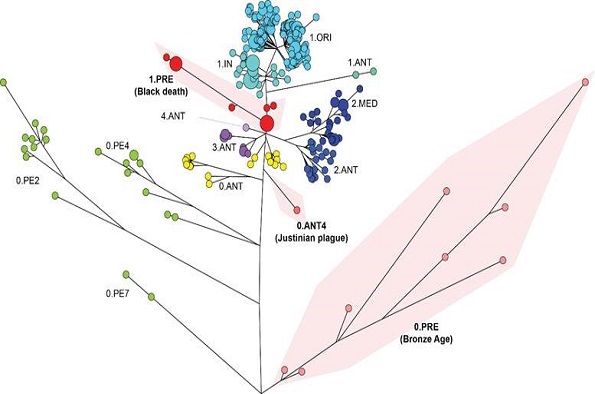
Deep Evolutionary Analyses of Bacterial Pathogens
- Jay Hinton
- Suitable for: Staff and students with an interest in Genomes, Systems and Therapeutic Targeting
- Admission: Free Event
Add this event to my calendar
Click on "Create a calendar file" and your browser will download a .ics file for this event.
Microsoft Outlook: Download the file, double-click it to open it in Outlook, then click on "Save & Close" to save it to your calendar. If that doesn't work go into Outlook, click on the File tab, then on Open & Export, then Open Calendar. Select your .ics file then click on "Save & Close".
Google Calendar: download the file, then go into your calendar. On the left where it says "Other calendars" click on the arrow icon and then click on Import calendar. Click on Browse and select the .ics file, then click on Import.
Apple Calendar: The file may open automatically with an option to save it to your calendar. If not, download the file, then you can either drag it to Calendar or import the file by going to File >Import > Import and choosing the .ics file.
Microevolution within bacterial pathogens is currently being addressed by two distinct areas of research. Comparative genomics of bacteria by epidemiologists and microbiologists has focused predominantly on bacteria from recent outbreaks and epidemics, and extend at most back to the beginnings of bacteriology at the end of the 19th century. Comparative genomics by anthropologists and population geneticists are providing exciting details on ancient DNA over the last few millennia but rarely on DNA from after the 1800s. Few analyses combine original investigations of bacteria across the entire span of their existence.
Recently, I have been developing a framework to support the combination of both areas and to provide a publicly accessible venue for their comparative genomics. EnteroBase [(http://enterobase.warwick.ac.uk/)] contains 100,000s of modern genomes of Salmonella, Escherichia, Yersinia, and Clostridiodes, and has recently been extended to allow the incorporation of reconstructed ancient genomes from metagenomic analyses (SPARSE). This approach has now been implemented for Yersinia pestis, the Para C Lineage of Salmonella enteritidis, and is being extended to the Red Complex from dental calculus.
